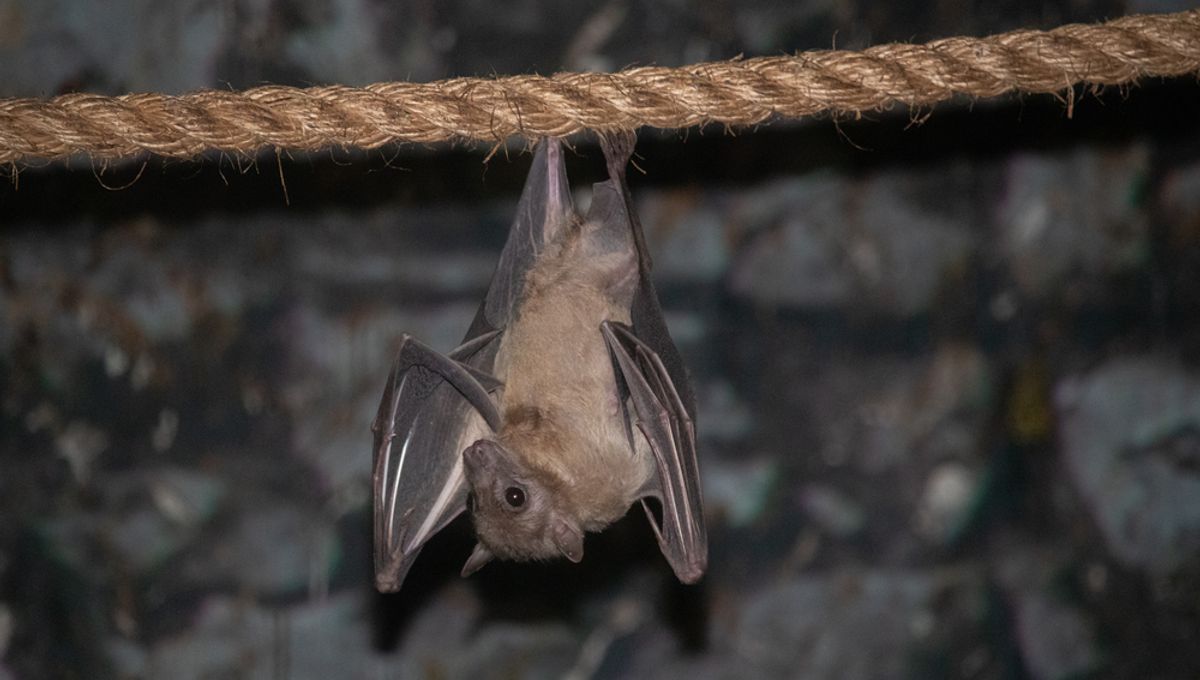
The first outbreak of Marburg Virus Disease (MVD) in Equatorial Guinea was confirmed on February 13, which has been linked to a funeral in the Kie-Ntem province. Marburg virus is in the filovirus family, related to Ebola virus. MVD is defined as a “rare but severe” hemorrhagic fever by the Centers for Disease Control and Prevention (CDC), with an average case fatality rate of 50 percent according to the World Health Organization (WHO).
The first case in the outbreak has been dated to January 7, with Equatorial Guinea’s ministry notified on February 7, according to a presentation from an urgent meeting of the WHO. On February 7, eight samples were sent for testing at the Institut Pasteur reference laboratory, Senegal, with one testing positive for MVD. So far, the WHO has reported nine deaths and 16 quarantined cases suspected to be due to the virus, with 15 asymptomatic close contacts.
The virus has an incubation period of 2 to 21 days, with early symptoms including severe fever, headache, muscle aches, and chills. Within days, this can progress to diarrhea, vomiting, abdominal pain, and a rash. Severe symptoms include liver failure, multi-organ dysfunction, and massive hemorrhaging. Blood can be found in vomit and feces, and patients can bleed from their vagina, nose, gums, and sites of intravenous access. According to the WHO, patients with fatal cases of MVD most often die around 8 or 9 days after the onset of their symptoms.
Marburg virus is zoonotic, hosted by African fruit bats (Rousettus aegyptiacus). Close contact with these bats increases the risk of infection, as does contact with infected primates. It can also be spread through contact with the bodily fluids of an infected person. The WHO recommends “prompt, safe and dignified burial of the deceased”, separating those sick with the virus from healthy people, monitoring people who may have been in contact with an infected person for 21 days, and good hygiene as outbreak containment measures.
The fatality rate of outbreaks varies, with the CDC stating a range of 23 to 90 percent whereas the WHO states a range of 24 to 88 percent.
Marburg virus was discovered after a 1967 outbreak in lab workers in Germany and Yugoslavia using African green monkeys (Cercopithecus aethiops), which infected 31 people and killed seven. An outbreak in the Democratic Republic of Congo between 1998 and 2000 infected 154 people and killed 128. An outbreak in Angola between 2004 and 2005 infected 374 and killed 329 according to the WHO, or infected 252 and killed 227 according to the CDC.
The virus can remain in the eyes and testicles, as well as the placenta, amniotic fluid, and fetus in patients infected while pregnant. Marburg virus has been transmitted via semen up to seven weeks after the patient has recovered – similar to what can happen with Ebola – so the WHO recommends safe sex and semen testing for survivors.
The Marburg virus vaccine consortium (MARVAC) and the WHO’s R&D Blueprint had an urgent meeting on February 14 about vaccines and therapies for MVD – of which there are currently none approved, with treatment of specific symptoms and rehydration currently being used.
However, luckily, multiple vaccines are currently in development, all viral vector-based vaccines. Vaccines by Janssen and Sabin have passed phase 1 clinical trials in humans. Also, the results of a phase 1 human trial of a vaccine developed by the National Institute of Allergy and Infectious Diseases (NIAID) were published on January 28, showing it was safe and well-tolerated in 40 volunteers, as well as causing a robust antibody response. The WHO also says that monoclonal antibodies for MVD are being developed, and current antivirals could also be tested.
Source Link: Outbreak Of Deadly Marburg Virus Disease Confirmed In Equatorial Guinea